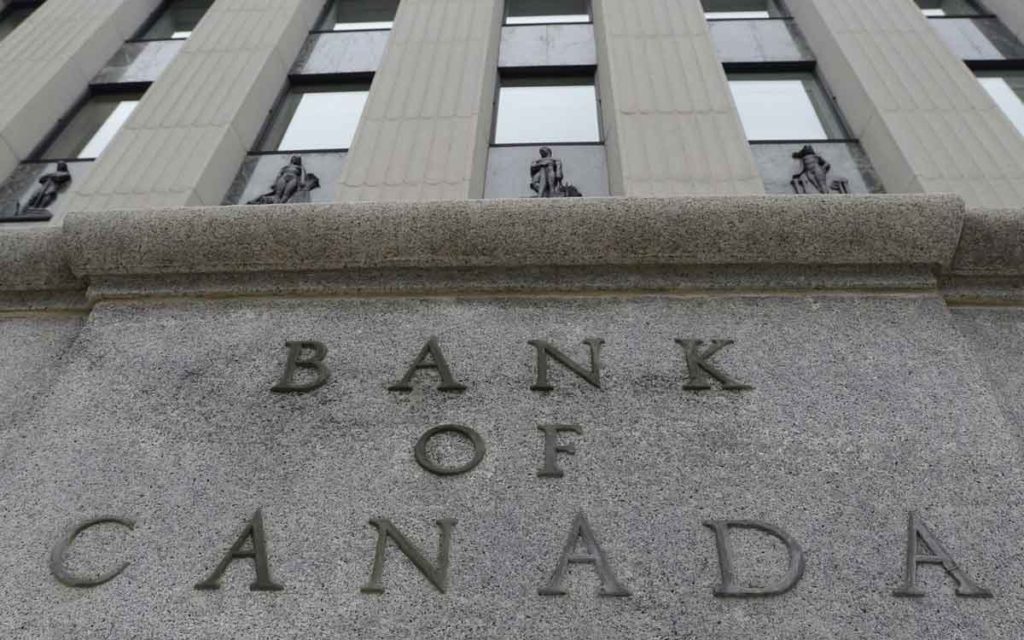
To pay for COVID-19 programs like the Canada Emergency Response Benefit (CERB), federal and provincial governments are expected to borrow 12 per cent of the country’s income, adding to a public debt of more than $770 billion.
As an economist, I have no problem with this. We are in a crisis, and need to spend. Governments across Canada, to their credit, are taking prompt and necessary actions, and we can even do more: universal coronavirus testing, for example, and more support for small businesses. All of this requires public money.
However, it is reckless to claim that such spending is without consequence. Last Monday, the Globe and Mail ran an editorial with the headline, “How is Ottawa going to pay off its COVID-19 debt? With any luck, it won’t have to.” The editors’ argument is historical: during and after World War II, Canada ran up tremendous debts, but nothing bad happened, because the economy grew faster than the debt did — which enabled us to keep the debt under control.
On the surface, such an analysis is compelling, but the events surrounding World War II were entirely different from those we live in today. Canada was not devastated by the war like Europe was, and freer trade with the United States allowed for a postwar Canadian export boom. Canada’s economy grew, on average, faster than the United States’ up to the 1970s. However, when a recession eventually hit in the 1980s and early 1990s, the Chrétien government was forced to drastically slash spending in order to pay down the national debt. Eventually, economic growth and tax revenue slows down, and creditors come calling.
In this sense, government finances are similar to household ones — except that countries typically live longer than individuals. Like a household, a government’s financial choices result in a credit score, which companies like Moody’s, S&P, and Fitch calculate.
If the government’s credit score is bad, then it will find it difficult to secure financing, and a countrywide debt crisis can follow. Argentina is an extreme example, having had eight sovereign debt crises since its independence from Spain in 1816. For everyday citizens, the consequences of such crises can be dire: unemployment, business shutdowns, and currency devaluations. More recently, in 2015, Greece defaulted on its debt despite being a moderately affluent country. As a result, Greece’s creditors demanded severe policies which harmed Greek citizens.
Ultimately, a runaway national debt can weaken our sovereignty, since creditors impose conditions on debtors in order to get their money back. These conditions can be onerous, and include selling off public resources, such as hospitals, parks, and roads. At such a point, it is not the Canadian government that controls the country, but rather those it has borrowed money from.
This is not to say that Canada is like Argentina or Greece, but rather that we must be ever vigilant about spending that others — public servants and politicians — commit to on our behalf. It is unlikely that we will be able to replicate Canada’s brilliant post-WWII economic performance, allowing us to pay down a hefty public debt. We cannot blindly follow government dictates and believe that none of this will affect us personally, as the Globe’s editors want us to.
We are in the midst of a horrible pandemic, and it is incumbent on federal and provincial governments to spend a lot, wisely, to smash the curve. It is not wise to counsel complacency in the face of undue government largesse. Fiscal profligacy embitters the sweetest fruits.
Cornelius Christian is an Assistant Professor of Economics at Brock University.




















